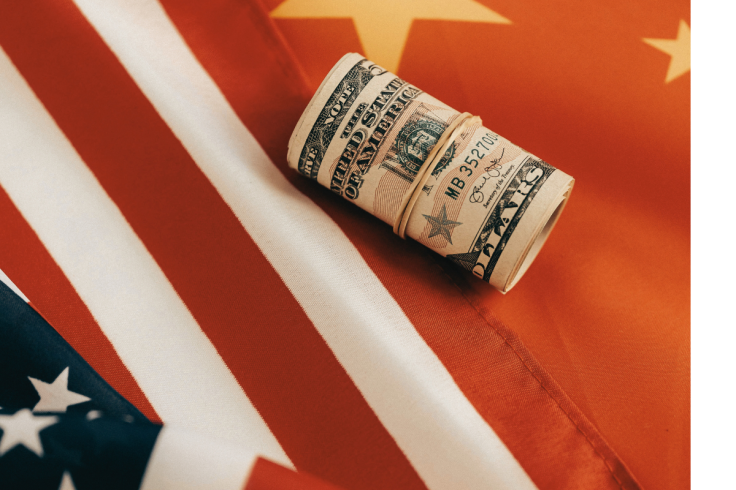US-China Business Confidence Falls To Record Low Amid Rising Tensions

U.S.–China business confidence has plunged to its lowest level in more than two decades, as companies report growing concerns over trade tensions, regulatory challenges, and slowing economic growth in China. According to a survey released by the American Chamber of Commerce in Shanghai, only 41% of U.S. companies remain optimistic about their business prospects over the next five years—the lowest reading since the survey began in 1999.
As reported by Reuters, the survey indicates a sharp deterioration in sentiment among American firms operating in China. Executives cited rising geopolitical tensions, increasing competition from domestic companies, and unpredictable regulatory changes as the primary factors undermining confidence. "The business environment is more challenging than ever," one survey respondent said. "We face uncertainty on multiple fronts, from trade policies to local compliance requirements."
The results reflect growing unease over recent developments in the U.S.–China relationship. According to Bloomberg, ongoing trade disputes, tariffs, and restrictions on technology exports have heightened operational risks for multinational companies. Many executives now question the feasibility of long-term investment plans, signaling potential shifts in supply chain strategies and capital allocation.
Industry experts told Financial Times that the survey's findings underscore a structural shift in U.S.–China commercial ties. "Companies are recalibrating their strategies," said a senior economist. "They are more cautious about expansion in China and increasingly diversifying production to other Asian countries to mitigate risk."
The American Chamber of Commerce survey covers sectors ranging from manufacturing to technology and finance, revealing that even traditionally resilient industries are experiencing heightened uncertainty. As reported by Reuters, concerns over labor costs, intellectual property protections, and market access have contributed to the overall decline in optimism. Executives indicated that future growth is likely to depend on improved bilateral relations and clearer regulatory guidance.
According to the survey, companies are also increasingly monitoring geopolitical developments in neighboring regions, suggesting that the decline in confidence may have ripple effects beyond China itself. Many U.S. firms are reportedly exploring investment in Southeast Asia and India to reduce dependence on Chinese supply chains.
The drop in confidence comes at a time when U.S. policymakers are weighing new strategies to maintain competitiveness in the region while managing diplomatic tensions. Analysts cited by Bloomberg note that declining business optimism could have broader economic consequences, potentially affecting trade flows, investment, and innovation.
Overall, the survey highlights a growing sense of caution among U.S. businesses in China. As reported by Reuters, companies are reassessing risk, evaluating alternative markets, and calling for clearer communication and policy consistency from both governments. The historic low in confidence signals a critical moment for U.S.–China commercial relations, with implications for global supply chains and the broader international economy.
© Copyright IBTimes 2025. All rights reserved.




















